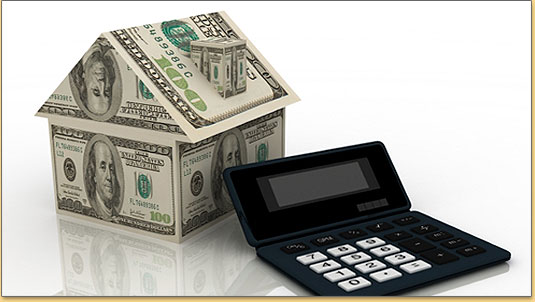Does 100% financing mean NO money at closing?

If you have been on www.doctorloanprograms.com for more than 2 minutes you probably realize that there are several great options available for a doctor buying a house! Some lenders in certain states even allow 100% financing with no mortgage insurance, which may seem too good to be true and prompt you to ask- Can I really buy a house with absolutely no money at all??? The answer is- Maybe! 100% financing means no down payment; however, there are additional transaction details to keep mind like- closing costs, prepaids and reserves. But don’t let these particulars deter you from homeownership because there may still be options available that help you come to the closing table without any money of your own.
Closing Costs – These are expenses associated with the transaction that include lender fees and third party fees such as credit report, tax service, appraisal, attorney, title work, transfer taxes, HOA set up, home inspection, home warranty etc. These are actual hard fees associated with buying a home and they can add up quick. The total of all closing costs vary based on the state and purchase price but 1 to 2% of the purchase price can be a good ballpark estimate.
Prepaids – Also referred to as setting up an escrow account. These are costs collected by the bank and used to pay necessary expenditures on your behalf. They include homeowner’s insurance, flood insurance, taxes and interim interest from the time of closing to the end of the month. Your homeowner’s insurance premium is paid in full up front at closing to ensure your home has coverage for a year. Additionally, at closing an extra 3 months (1/4 of your premium) is paid into your new escrow account to guarantee there are sufficient funds in your account to pay your renewal premium when it becomes due the following year. Keep in mind taxes and insurance will always go up and you skip the first months payment after closing so the account needs to have extra money in it to compensate.
Reserves – Depending on your individual circumstances; for example when you close, when you start or started your job, other properties that you own and the amount of time you have been out of residency, the lender will most likely require a certain amount of months’ worth of assets “in reserve”. If the total monthly mortgage payment (including taxes and insurance) is $2000 for example and the lender requires 3 months of reserves, then you have to show that you have an available $6000 somewhere. These funds do not need to be liquid (checking/savings) they just need to be available to you in case of hardship.
So back to the million dollar question- How do you buy a home with little to no money using a 100% doctor loan?
One option is to include closing costs in your offer. For example; you can offer $257,500 and ask the seller to pay $7,500 of your closing costs and prepaids. Now a credit from the seller will offset your closing costs by $7,500. In this scenario, the seller will net proceeds of $250,000 so it’s the same as offering the seller $250,000 and asking for no closing costs.
Another option is to have your lender quote you a higher rate and credit back points (prepaid interest) to offset your closing costs. For example, on the same $250,000 loan/purchase price the closing costs might be $2,500 at 4.375% but at 4.625% the lender can credit you 1 point ($2,500) to offset the closing costs.
Those last two examples can help you with closing costs and prepaids, but they can’t help with reserves. If the lender allows a gift from a family member, then you can use that to cover closing costs, prepaids, and reserves or any one of the three. The donor will usually sign a form saying you don’t have to repay them and you will have to document where the funds came from.
Doctorloanprograms.com contributor
